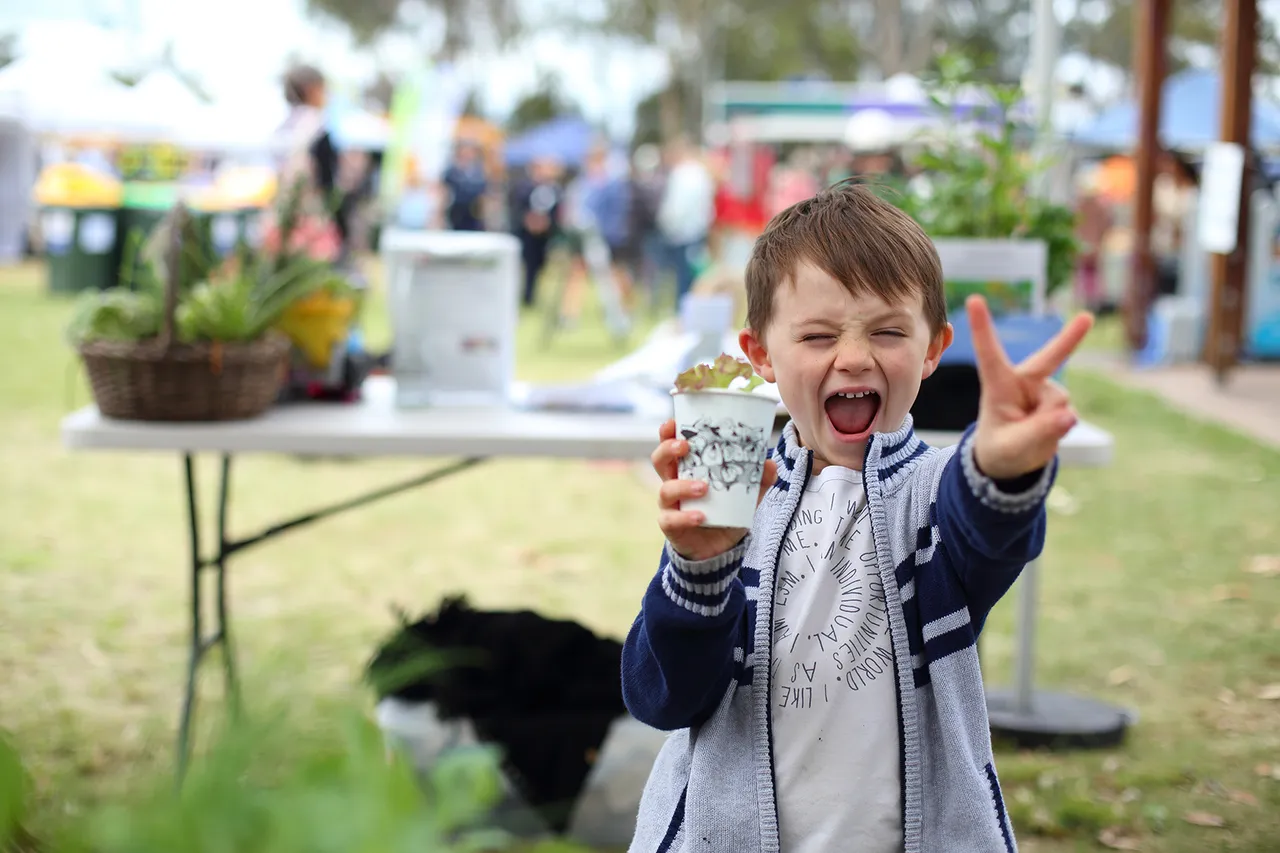February Seasonal Gardening Tips
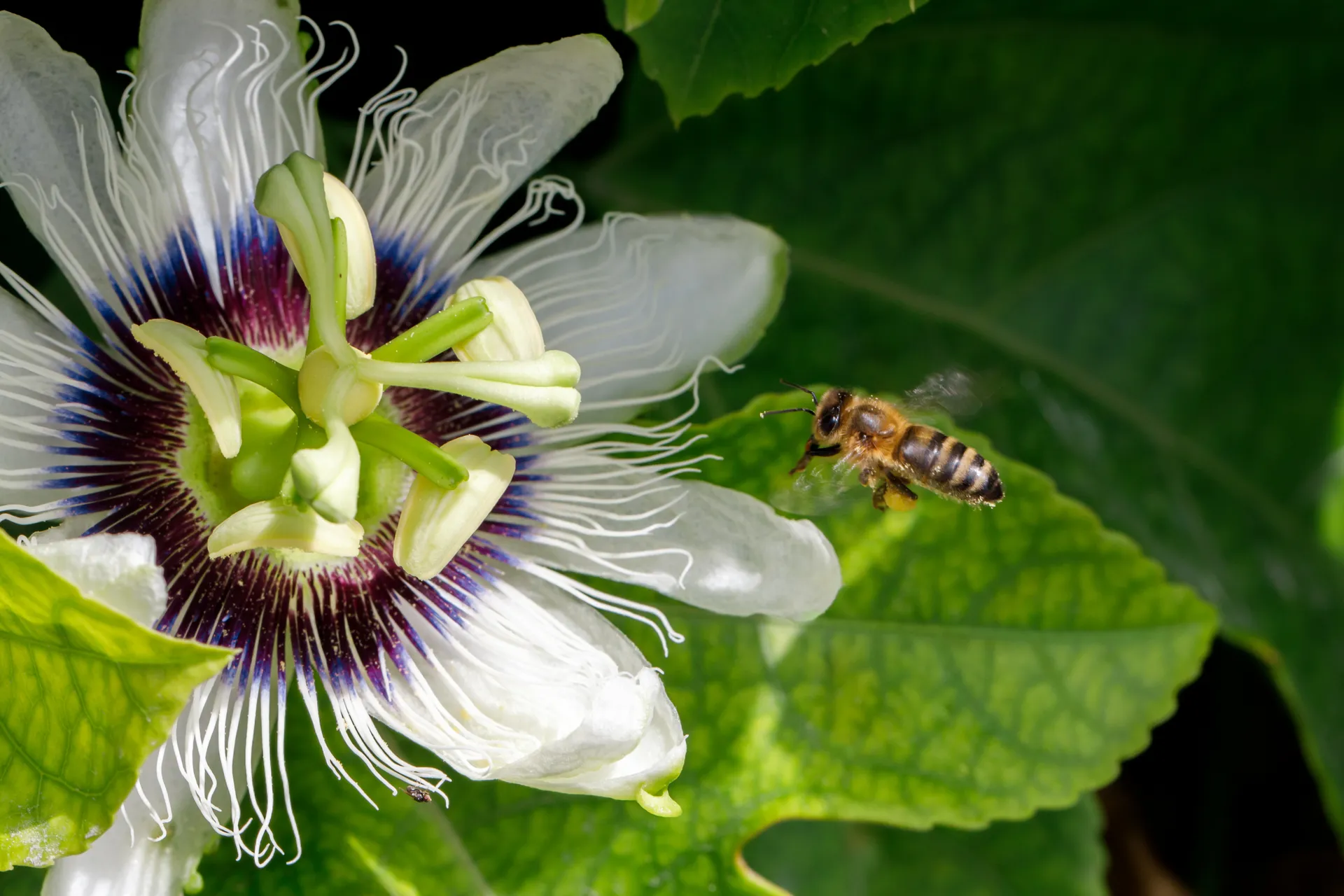
February's combination of heavy downpours, thunderstorms, heatwaves and dry periods can prove punishing for gardeners and plants. Grab the Micro Gardeners to do list for backyard maintenance and how to nip potential problems in the bud.
Anne Gibson shares her top tips for reaping a successful harvest. Monthly tips are provided by The Micro Gardener for the Sunshine Coast climate.
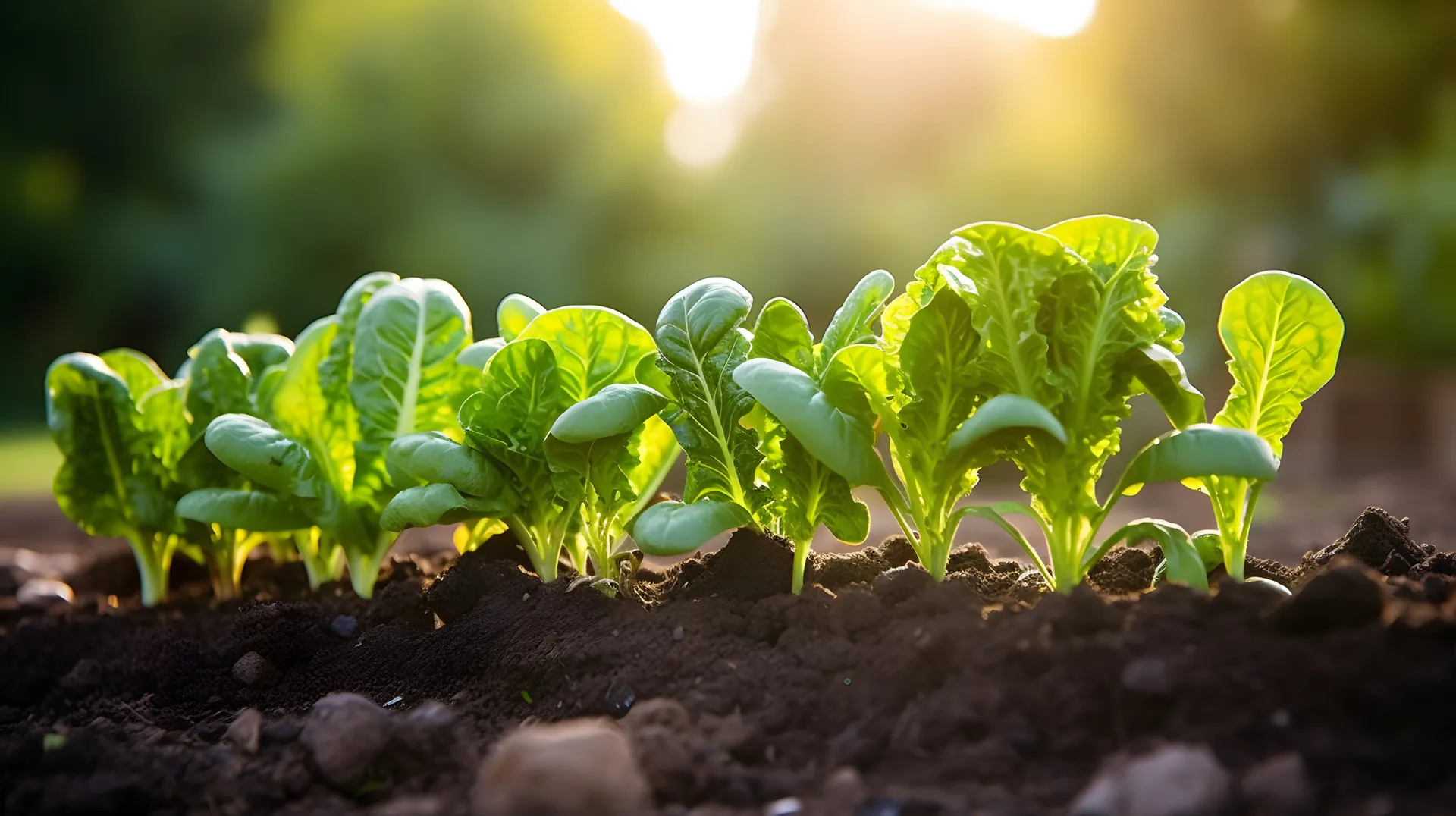
When rain arrives it’s a relief for plants to get a good deep drink. This provides a reservoir of moisture in the soil for continued growth. However, new growth and wet weather also increase insect populations! You can literally watch the grass grow under your feet and grasshopper families invade overnight.
Time for garden maintenance and careful observation to nip potential problems in the bud.
Issues to watch out for:
- Hot sticky conditions are likely to continue into March and the moist environment creates the perfect environment for diseases like powdery mildew, black sooty mould and root rot as a result of waterlogging. Soggy soils can become stagnant if drainage is poor. If the soil smells sour, this may indicate microorganisms are dying off due to a lack of oxygen or water pooling, instead of draining away. Learn how to manage waterlogged soil if this is a problem. If you have boggy spots in your garden, aerate the soil or plant more suitable species to soak up excess moisture.
- If you get decent rain, it’s likely some of the soluble soil nutrients will leach out of the soil. So plants may need a feed to support new growth. Applying compost, vermicast, slow-release organic fertiliser, liquid seaweed, fish emulsion or diluted worm casting leachate and mulch to the soil will help replenish nutrients and lock moisture in. Foliar sprays on leaves also help.
- Citrus leaf miner. These sapsuckers continue to be a common problem over summer and mainly target new growth on citrus trees. Snip off any affected leaves and throw them in the bin as they spread quickly.
- Grasshoppers and caterpillars are out in force along with many other bugs, snails and slugs! Many insects can be handpicked off your plants early morning. Check under leaves, and look for slimy trails, damaged leaves or fruit. Try to find the culprits at the scene of the crime! My magpie family follows me around early morning because they love the free protein snacks I pick off. They stay in the kitchen garden finishing off the job and save me time pest managing. Encourage birds into your garden with fresh water in a safe shady location.
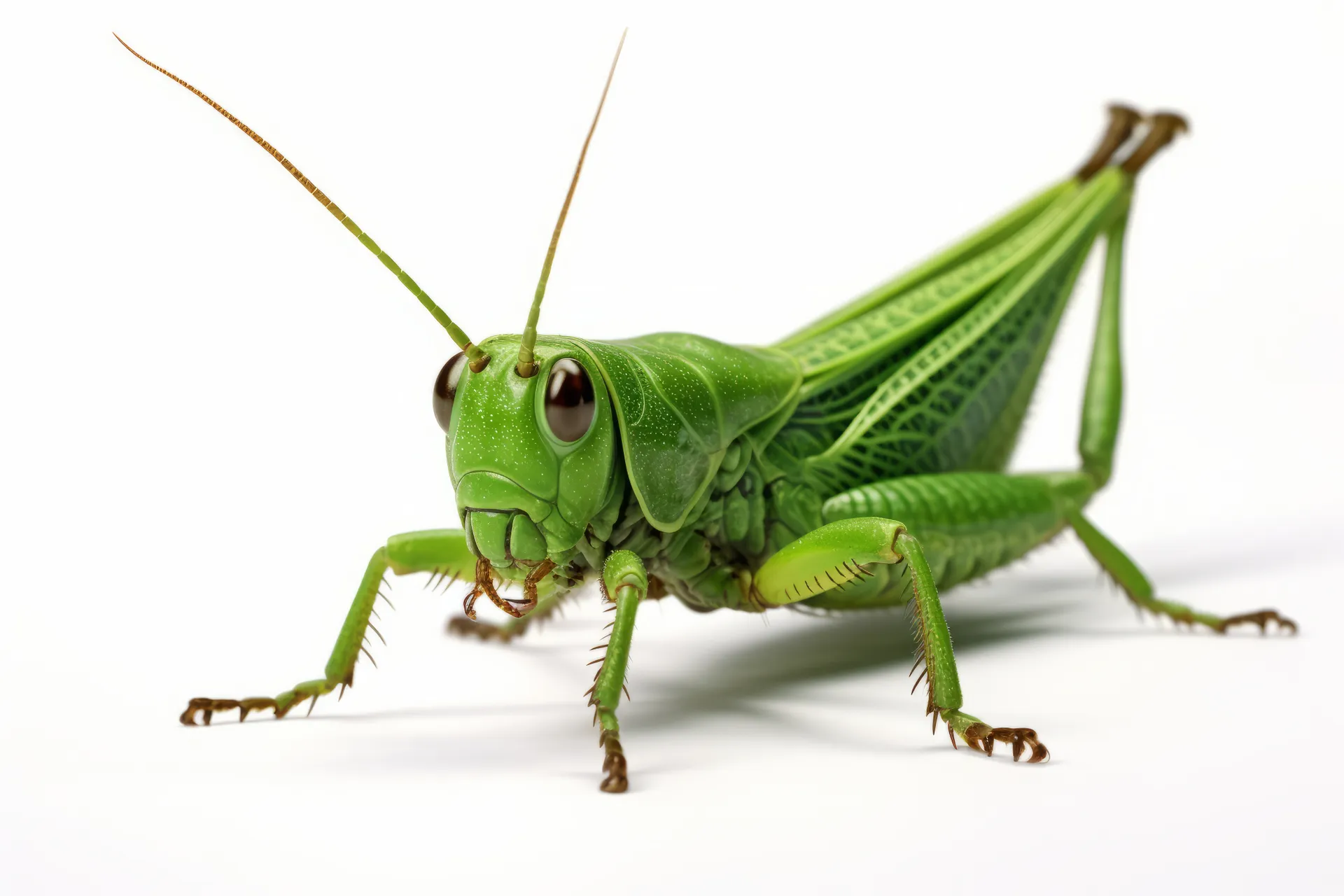
- Fruit flies are also very active and attack many fruiting crops. Learn more about organic fruit fly strategies to minimise this issue in your garden. Bagging fruit or netting trees is an easy preventative solution.
Garden Tasks
After rain, on sunny days as the soil starts to dry out, there will likely be lots of weeds and green ‘waste’ in your garden. Mow weeds or remove them by hand when the soil is soft, before they set seed heads to start the cycle again. Turn lawn clippings, prunings and seed-free weeds into plant food. This is a sustainable closed-loop cycle that returns green ‘waste’ back into soil to feed crops for your table. All green vegetation can be recycled into making compost, liquid fertilisers or mulch, so don’t waste it. Make compost now for autumn planting.
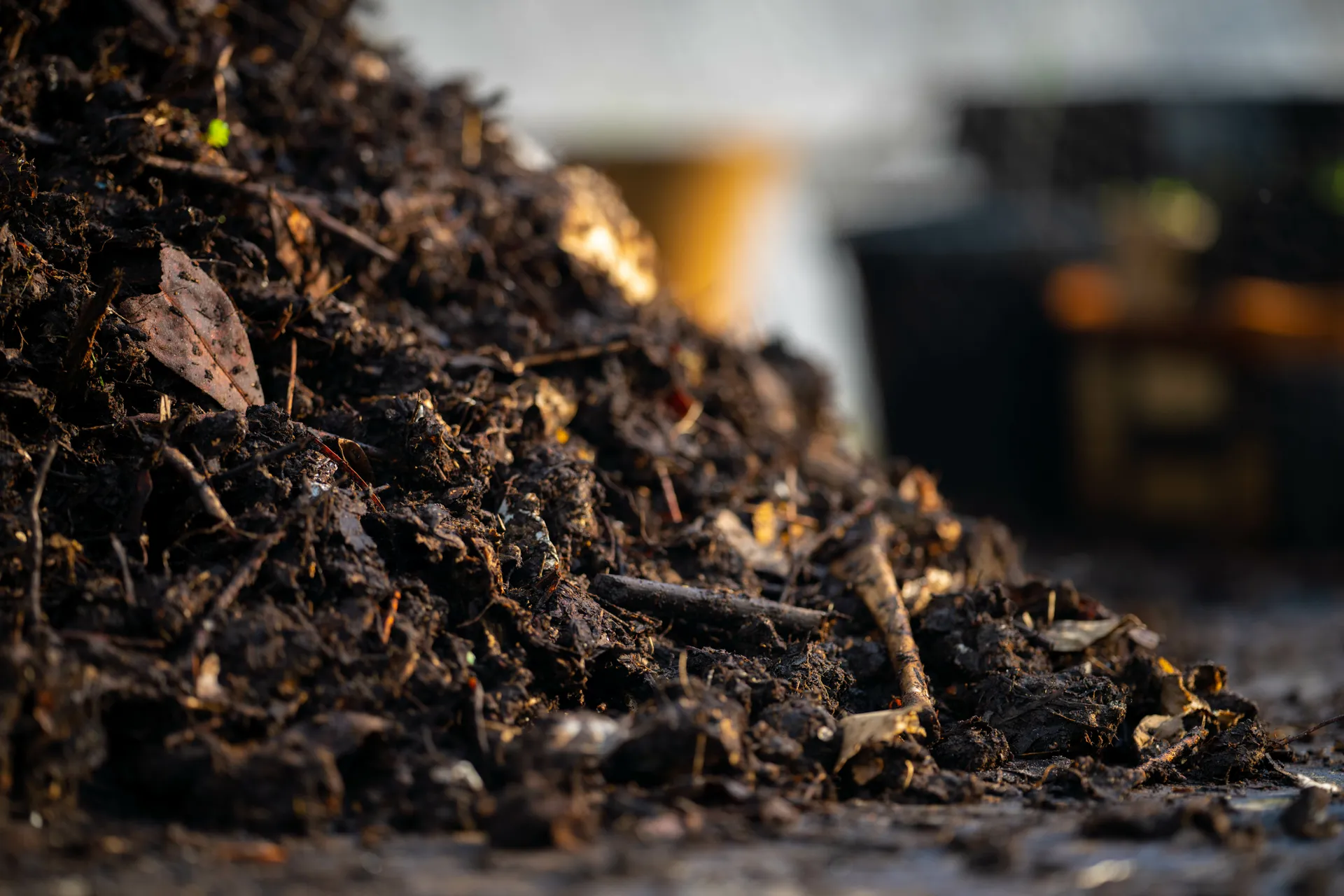
- Keep gutters and drains free of debris. Check your yard for any loose items that could potentially become projectiles with strong winds. Protect vulnerable plants with a windbreak.
- Check any standing water, especially after rain for potential mosquito breeding sites. Check pot saucers, watering cans and buckets regularly. Tip stagnant water around plants instead.
- Fertilise citrus and fruit trees after rain or if you can keep up sufficient watering. They have high nutrient and moisture requirements at this time. Add more mulch if needed.
- Keep up water to bird and bee baths to care for your beneficial insects and pest patrollers. Less work for you!
- Grow crops in container gardens or Vegepods for easy care and more control over microclimates.
- Cover plants with shade cloth or netting to protect them from heat, storms and insect damage.
- Stake climbers like cucumbers, tomatoes and passionfruit to provide support as they grow.
Helpful Gardening Guides
Refer to my laminated double-sided Subtropical Planting Guide for what to plant now, more pests to watch out for and other key tasks. The perpetual Moon Calendar Gardening Guide also provides you with exact dates to fine-tune your planting, fertilising, propagation, grafting and sowing activities for optimum abundance.




